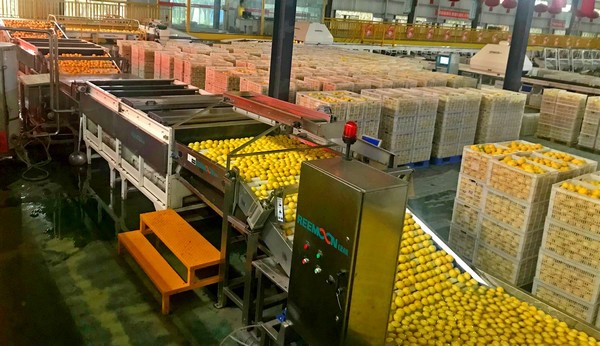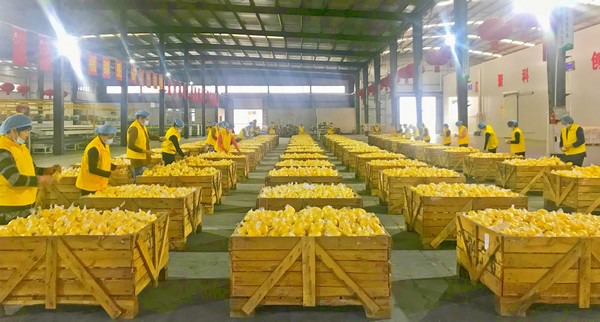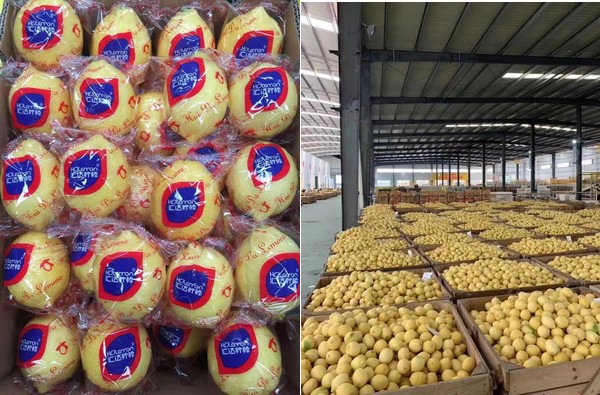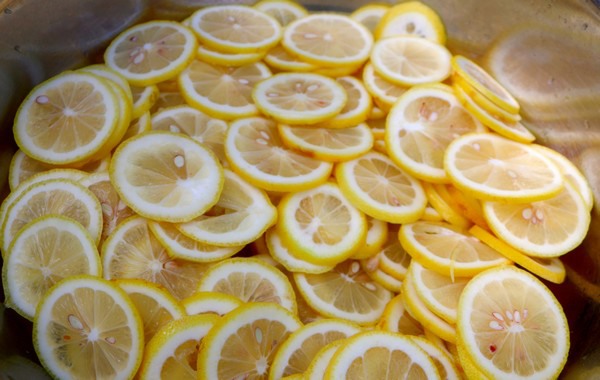Fresh lemons entered the Chinese market in the middle of September. The harvest season continues until the end of December. The product quality is better this year than in previous years, but the overall production volume declined by nearly 40%.

Mr. Wang Guolong, the sales manager of Chongqing Huida Lemon Technology Group, recently talked about current conditions in the Chinese lemon industry. He first introduced conditions in production areas. "Some of the lemon trees suffered frost damage due to low temperatures and spring droughts. In addition, some farmers struggle with plantation management during the pandemic. That is another reason why the production volume declined this year."

Chongqing Huida Lemon Technology Group primarily exports lemons to the Philippines, Malaysia, Singapore, Thailand, and Indonesia. "We have seen overall growth of our export volume to these countries in the last two years. That is mostly because Chinese lemons have a price advantage, but also because the rising shipping cost puts more distant suppliers such as South Africa, Turkey, and Chile at a disadvantage. Shipping lemons from these suppliers to Southeast Asia normally takes a month, but shipping times are uncertain and shipping costs are high. That is why Southeast Asian buyers are reluctant to purchase from distant suppliers," explained sales manager Wang.
"As for the price, the limited production volume has reduced the supply volume, and so the price went up. The purchase price in production areas is around 1 yuan [0.16 USD] per 0.5 kg higher compared to this time last year. And the rising price of shipping further pushes the cost price up."

Although the weather in China is growing colder, and Chinese consumers purchase fewer lemons, the overall demand is still alright. "Lemons are rich in vitamin C and help strengthen the immune system. Our sales volume on e-commerce platforms kept growing during the pandemic. We sell ready-to-eat lemon slices, deep-frozen lemon slices, lemon juice, and other lemon products. In addition, the tea and beverage industry in China has grown explosively in the last few years, and so has their demand for lemons. After the pandemic was largely brought under control in China, restaurants and beverage chain stores stabilized their operations, and the number of their clients greatly increased," said sales manager Wang.

Chongqing Huida Lemon Technology Group was established in 2007. The company integrates the plantation of lemons, research and development of relevant technologies, high-end processing of lemon products, and export. The company primarily produces lemon drinks, lemon food products, lemon-based cosmetics, and lemon-based health products. Huida Lemon Technology has sales centers in many provinces and major cities throughout the country, as well as nearly one hundred directly managed shops, and flagship stores on e-commerce platforms such as AliBaba, Tmall, JD, Taobao, Yihaodian, and Shanghai Mi Yibai (B2B). The company has set up a comprehensive online sales system.
For more information:
Mr. Wang Guolong - Sales manager
Chongqing Huida Lemon Technology Group
Tel.: +8619922280621
WhatsApp: +8619922280621
E-mail: 469061063@qq.com
